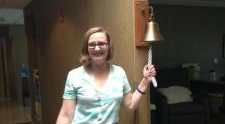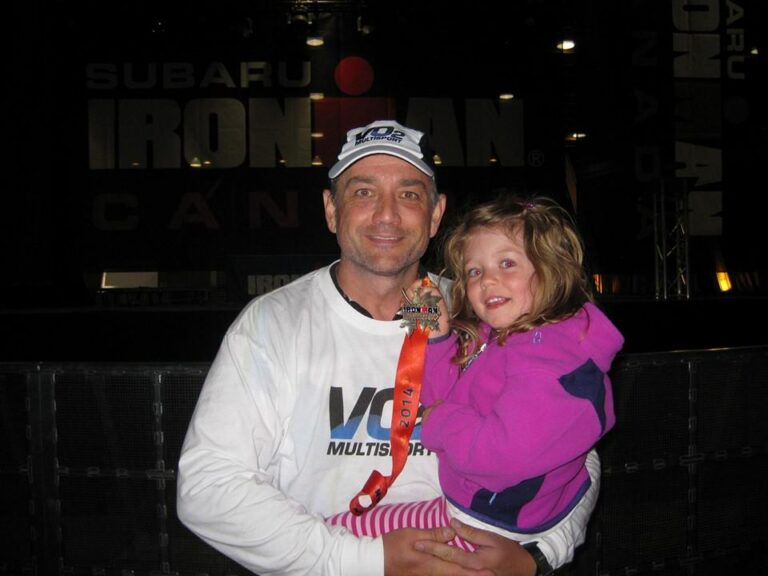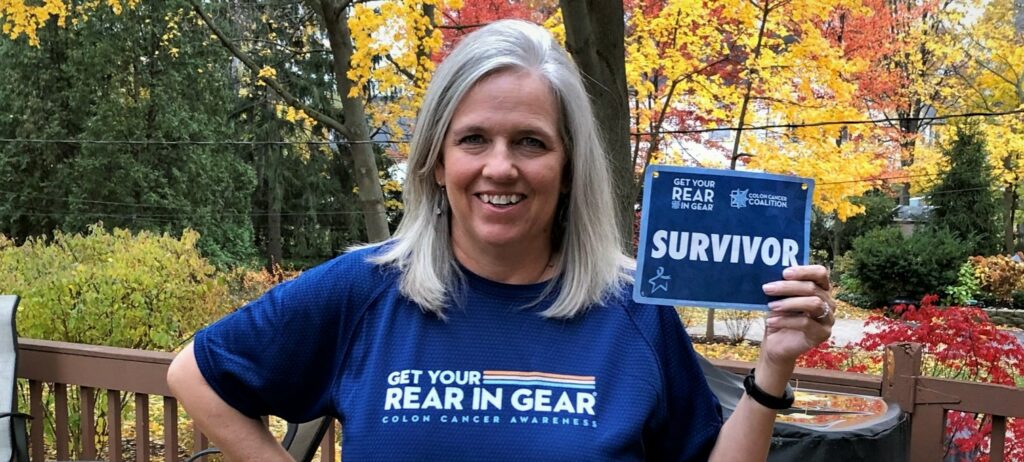
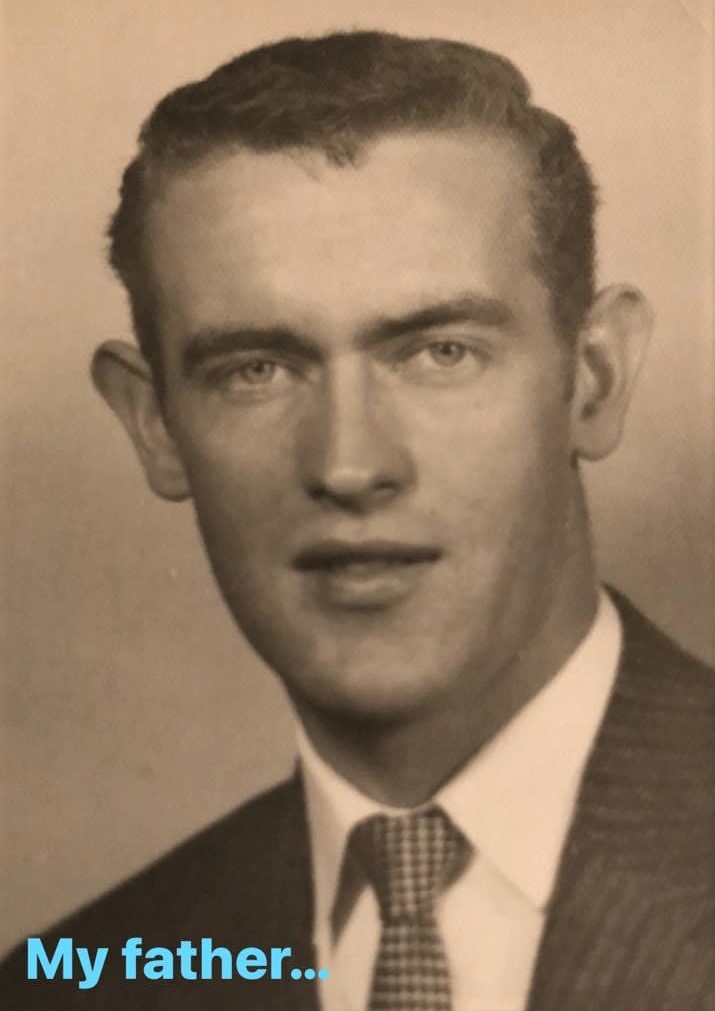 My father was diagnosed with colorectal cancer at 28 and passed away at 31 from the disease. I was only two years old at the time. 26 years later, after ignoring, or being misdiagnosed, for symptoms for at least three years, I was diagnosed with stage IIIc rectal cancer at 28. I underwent surgery, radiation, and chemo. I was considered “cured” with NED for 17 years. Then in 2013 my GI(my lifesaver), discovered three more tumors. I was again diagnosed with colon cancer, stage II this time, and I was also diagnosed with Lynch Syndrome.
My father was diagnosed with colorectal cancer at 28 and passed away at 31 from the disease. I was only two years old at the time. 26 years later, after ignoring, or being misdiagnosed, for symptoms for at least three years, I was diagnosed with stage IIIc rectal cancer at 28. I underwent surgery, radiation, and chemo. I was considered “cured” with NED for 17 years. Then in 2013 my GI(my lifesaver), discovered three more tumors. I was again diagnosed with colon cancer, stage II this time, and I was also diagnosed with Lynch Syndrome.
I am now a permanent ostomate, living with an ileostomy. Good riddance colon; you haven’t been missed! I am very open with my experience. I believe in talking openly about poop, and it’s nice to meet people everywhere that just need someone they feel comfortable with to ask questions. I am honored to be that person.
I am surviving and thriving. I am a member of a local support group for people living with temporary and/or permanent ostomies. I am blessed to be here to support others when or if they ever face similar challenges.
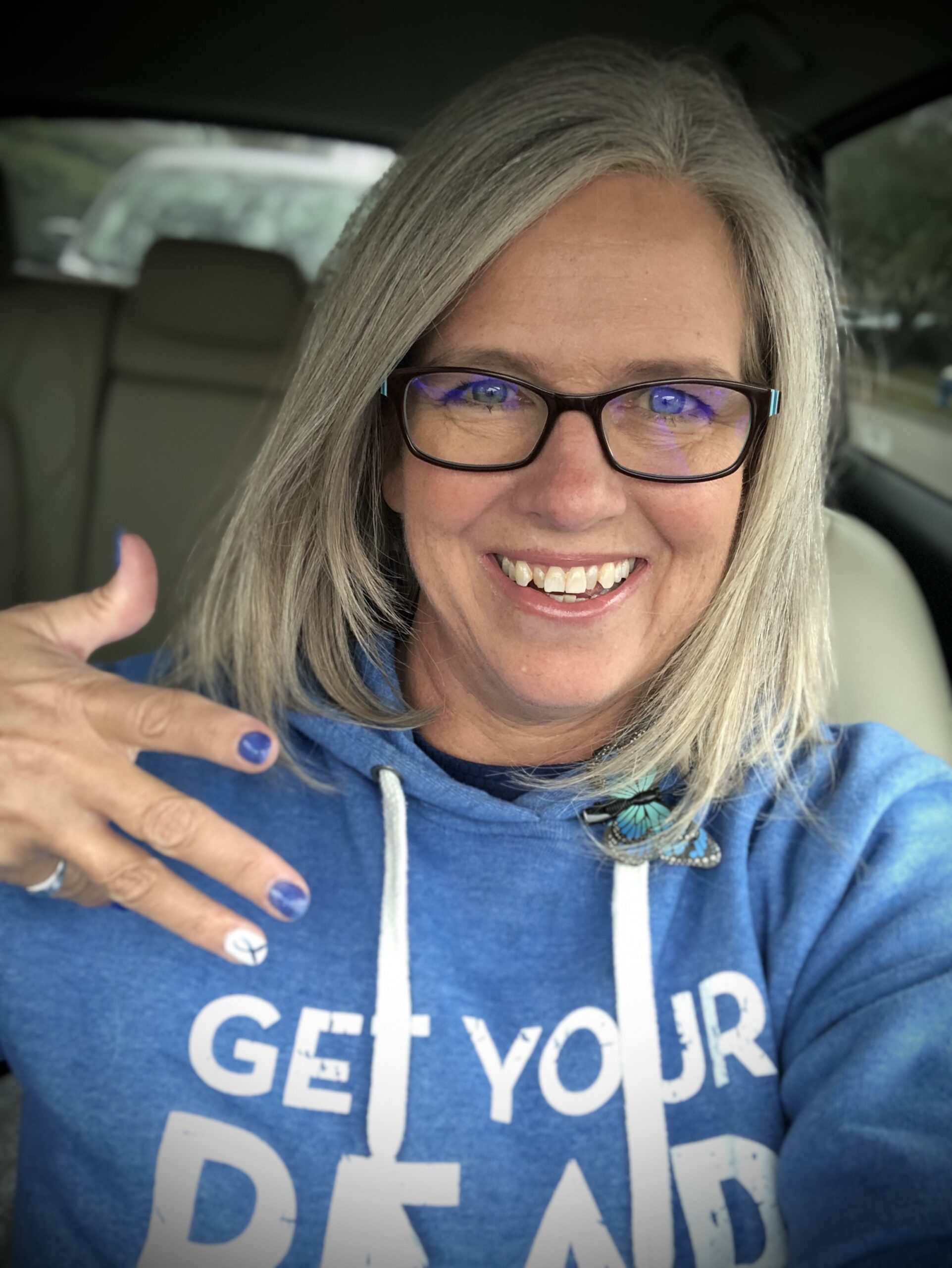 When I was told I’d have to have a “bag” for the rest of my life, I thought my life was over, or at least shortened…doomed…limited, but thanks to a couple other outspoken advocates in my area, I’m living my best life now! Cancer free! I want to be able to support and encourage others to see the importance of early screening!
When I was told I’d have to have a “bag” for the rest of my life, I thought my life was over, or at least shortened…doomed…limited, but thanks to a couple other outspoken advocates in my area, I’m living my best life now! Cancer free! I want to be able to support and encourage others to see the importance of early screening!
I share my story because I think people are often reluctant to talk about problems with bowel habits and/or problems they experience, because it feels like it’s a private issue. I have met so many people, men and women, that almost seem relieved to have someone to talk to, share their poop stories, and ask about colonoscopies or other procedures.
I know better than to give medical advice, as I’ve seen how different each person’s cancer journey can be. I’ve had several friends go get screened full of fear and yet come out grateful and relieved to find out they did not have cancer. I can only relate my personal experience, listen to others, share what I know about the process of procedures from my experiences, and encourage them to talk to their doctors.
Communication, education, and resources can only be found if we have open discussions and make sure people feel comfortable coming to me or anyone else who has survived it. Sharing is the key to helping and educating others(I guess that’s the “teacher” in me. It’s just natural.).
RETURN TO FACES OF BLUE SIGNS & SYMPTOMS CANCER AND GENETICS

